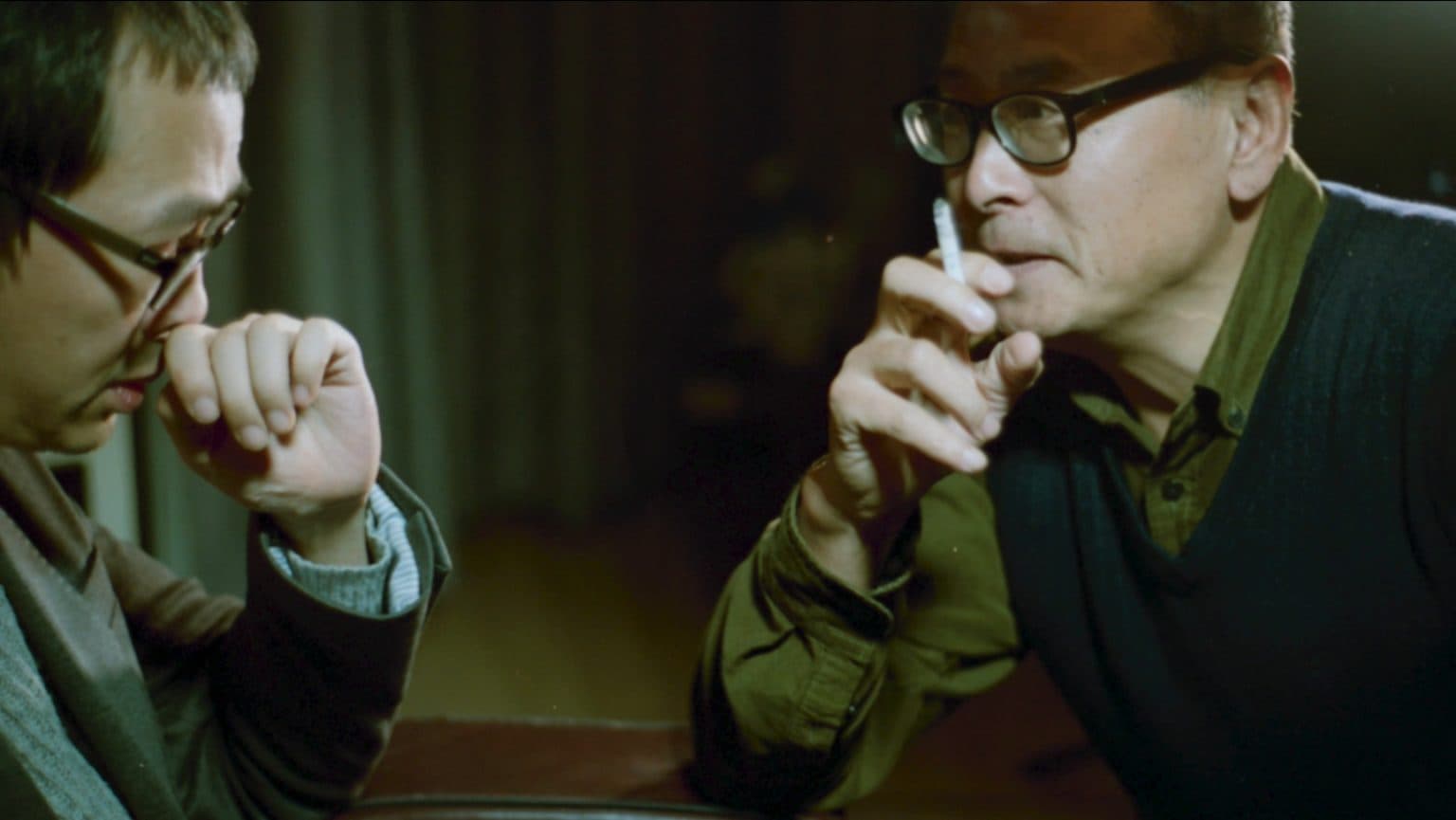The Interrogation審問
The Interrogation is a video constructed entirely from still film photography and photo shop collage – playing out as a photomontage along with a voiceover. The work is two narratives intertwined. One comes from an audio recording of the artist interviewing a local officer from the Commission for Discipline Inspection. In this interview, the officer talks about the psychological tricks he had used to succeed at his job interview. Then he describes the mental methods he always applies to his suspects during the interrogation process. The other narrative is a short story written by the artist and inspired by Ingmar Bergman’s movie Persona (1966). In the story, an actress refusing to speak and a nurse trying to make her talk gradually switch roles and turn into each other. These two narratives together bring to mind the complexity of the reality that we are currently in: Our everyday routines and the extreme situations that remain hidden behind our mundane daily lives intersect through a similar structure of communication. The roles that people play in these scenarios are thus in constant flux.
《審問》是一個由膠片攝影,圖像拼貼以及畫外音組成的動態影像。作品由兩部分敘述交織在一起 : 一部分是取材自藝術家對一位地方紀檢委官員的採訪記錄,內容由其陳說當年成功面試該職時所需的心理技巧,慢慢演變到描述其日後審問工作中經常使用的心理手段。另一部分是一篇以英格瑪·伯格 曼 (Ingmar Bergman) 1966 年的電影《假面》為靈感,由藝術家寫作的短篇故事。故事中,一個拒絕說話的演員和一個試圖使其開口的護士在長時間的相處中,悄然變成了彼此,互換了身份。在這個隱喻我們所處的複雜現實的作品之中,人們熟悉的現實情境與隱蔽於日常的極端情境藉由一種類似的溝通結構產生了豐富的交集,而在其中的人的境遇也因此發生變換。
All copyright reserved by the artist. 作品版權歸藝術家所有。
For enquires, please contact [email protected]
